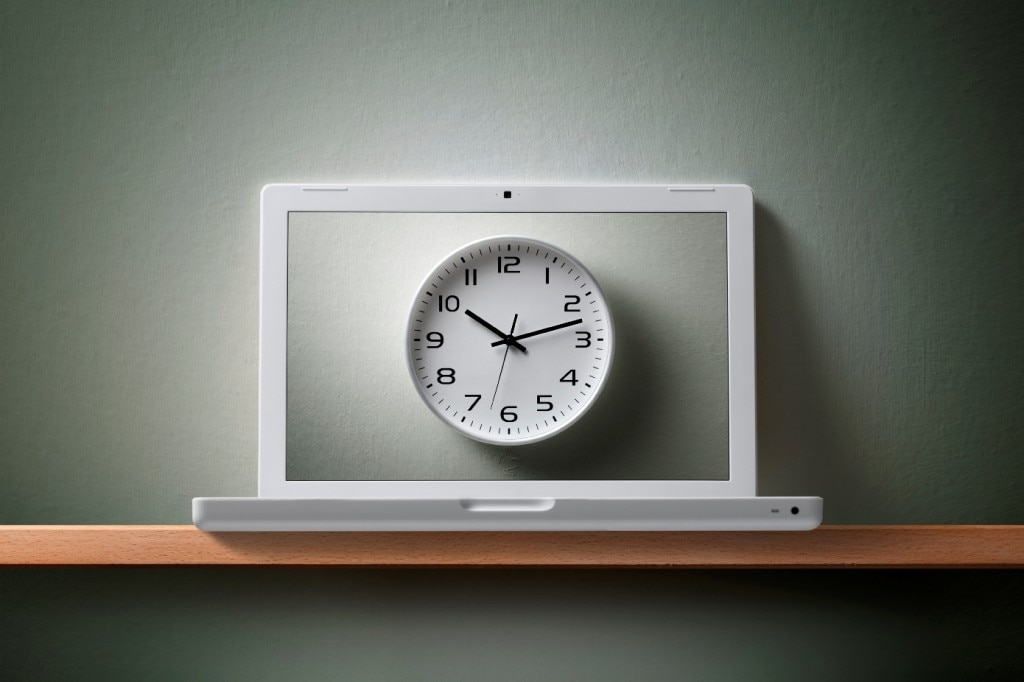
When you are waiting to hear back from an interview, minutes can feel like days. It can be more stressful than the preparation and the interview itself. You really enjoyed meeting the team and you are keen to find out if they considered you for the next round of interviews, or perhaps even the job. One task that all recruiters believe you should do is follow up after an interview. So what’s the right way to do it? Here are five tips to help you find out.
1. Get the right information at an interview
To make sure that you’re clear about the recruitment process for the job you applied for, make sure you ask questions about dates and when you can expect to hear back during the interview. Sometimes they’ll be able to give you an exact date, but more often than not it will be along the lines of ‘in the next two weeks or so’. Having an idea of the expected timeline makes it easier for you to plan and write your follow-up email.
2. Definitely follow up
Don’t sit there and think about it. Even if you think that the job interview didn’t quite go to plan. Following up is an important part of showing that you’re keen to work with the company. During the interview, make sure that you get the names of people who are interviewing you. If you have been liaising with a hiring manager or recruiter, it might be preferable to follow up with them. It’s probably best to email rather than call. Interrupting them whilst they are busy might work against you, but they can look at an email at a time that suits them. It also means that they have a record of your message, like a reminder. Don’t follow up if they ask you not to though.
3. Don’t leave it too late
It’s important to make sure that you get in touch quite soon after your interview has taken place, ideally within 48 hours. Although your email is unlikely to be a large deciding factor in whether you are hired or not, it can certainly work in your favour.
4. Keep it professional
When you write your first email, the first thing you need to do is thank them for the opportunity they gave you to interview for the position. The second is to make your interest in the position clear. You can remind the interviewer why you would be such a great candidate for the job using an example of your skills that you might have forgotten to mention in the interview. Stick to a couple of paragraphs maximum. If you still haven’t heard after a few weeks (as long as it’s past the time when they said they would be in touch) then it’s OK to follow up. You only need to write a few lines, but stay polite. If you still don’t hear then it’s time to accept that you haven’t got the position. It’s not easy to move on when you’re job hunting, but it’s important to stay motivate in your job search and move on to the next opportunity,
5. References don’t equal job offer
If you are asked for your references, don’t assume that it’s because you’ve got the job. It’s definitely a good sign that you’re in the running for the position, but some companies like to get feedback before they make their final decision. If you have to follow up with references, it’s totally acceptable to get clarification on what the next steps of the process will be. Just don’t start thanking them for the job before you’ve got official confirmation.
Following up after an interview is always worth it, and staying in touch with your potential employer or recruiter can make the process easier. Just remember to keep it to the point and be polite.
We’re looking for people who are interested in joining our Graduate Management Trainee programme, so take a look at the opportunities we have and find the job of your dreams.

